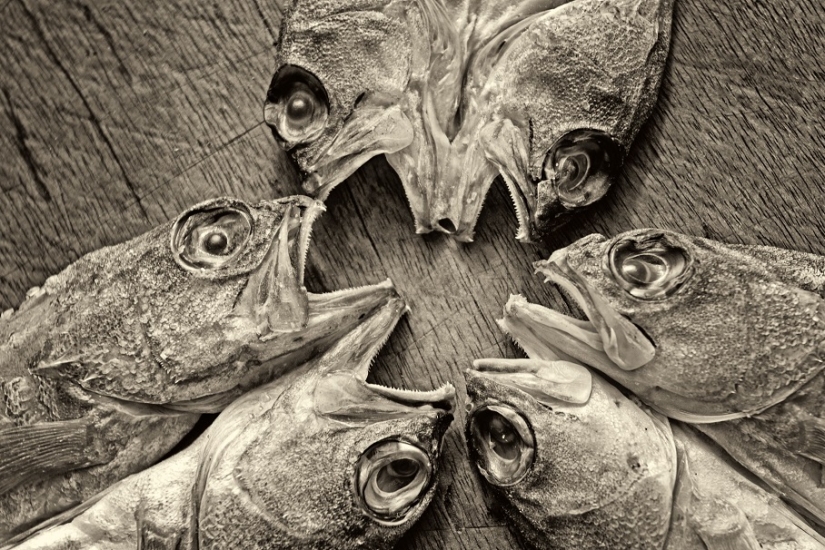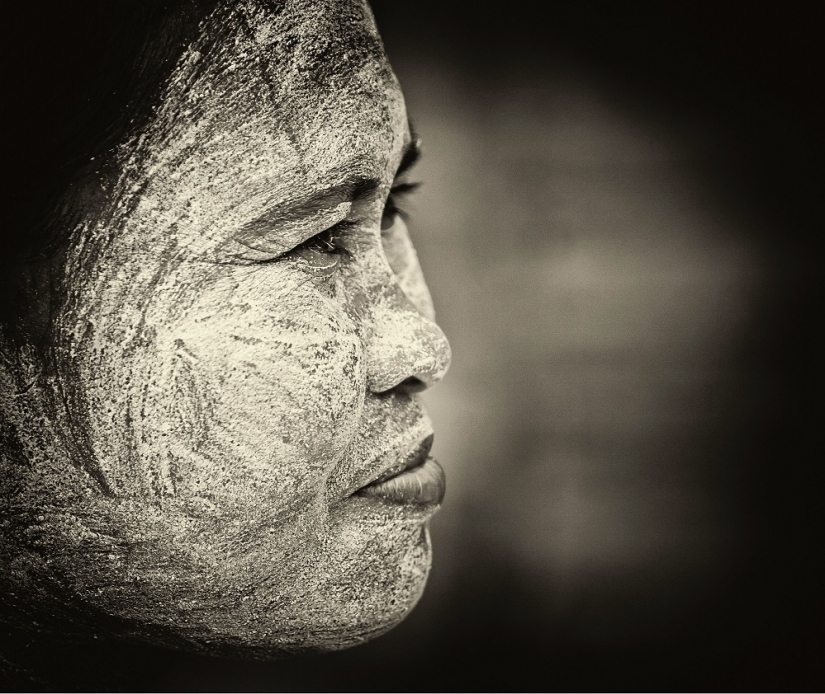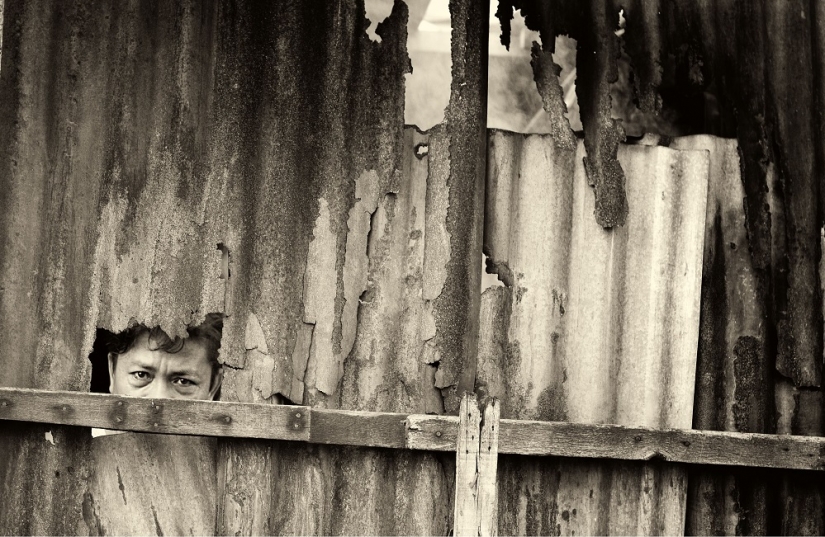The vanishing world of the sea Gypsies
Categories: Asia | Nations | Photo project | Water
By Pictolic https://pictolic.com/article/the-vanishing-world-of-the-sea-gypsies.htmlPhotographer David Kaszlikowski captured the lives of the people of Bajo tribe of nomadic seafarers who live in the seas between Borneo, Indonesia and the Philippines.
"The traditional way of life is disappearing," says Kaszlikowski. Because of the globalization of ethnic Bajo increasingly difficult to maintain their nomadic marine lifestyle. They are born in the sea, they have no passports and citizenship.
For thousands of years, representatives of the Bajo living on boats, beaching only to collect firewood and to bury their dead. Some live in houses on stilts.
This people can hold their breath for five minutes — for sea hunt. Their eyes are adapted for seeing under water.
Now Baggio gradually move onto land — in the slums. Those who remain in the sea, have to compete with large fishing boats, forcing them to dive deeper and deeper.
 Photo: David Kaszlikowski/REX Shutterstock
Photo: David Kaszlikowski/REX Shutterstock

Diving using equipment on the water surface — a very dangerous type of fishing. Divers trust my life to old motors and compressors on boats that often make them disabled.

Inside the house on stilts.

Some Bajo can hold your breath for five minutes.

Bajo children born at sea or in coastal shacks, they have no documents, the only friend the world is a sea.

Fishing for octopus.

Family Bajo, eat, sleep, and hunt by boat.

Overexploitation and climate change — the cause for the decline in fish in the tropical seas. This makes the life of sea Gypsies is more complicated.

Houses on stilts in shallow water.

Economic difficulties and governments are forcing Baggio to move on land. Thousands of people congregate in a slum near the tourist towns.

Traditional mask from the sun.

The house-boat.

In the slums on land.

Eagle.

Keywords: Life | Nomads | Sea | Hunting | Tribe | Dive | Fishing | Tradition | Gypsies
Post News ArticleRecent articles

Modern people are sure that all devilry begins exactly at midnight and this time is considered the most mystical and dangerous. But ...

Everything changes over time. And even those facts that you previously considered reinforced concrete may change after some time. ...
Related articles

In 1947, LIFE magazine photographer Alfred Eisenstadt took a series of photographs at the Swiss resort of St. Moritz, an island of ...

We present two dozen helpful little tricks that help to keep the house clean and defeat of trouble, like stains, odors or ...

Mankind always wanted at least one eye to look to the future. Now replace the soothsayers and fortune-tellers came scientists, ...

On your day off, you can take a break from everyday work, do what you love, or just have a good time with family and friends. Why ...